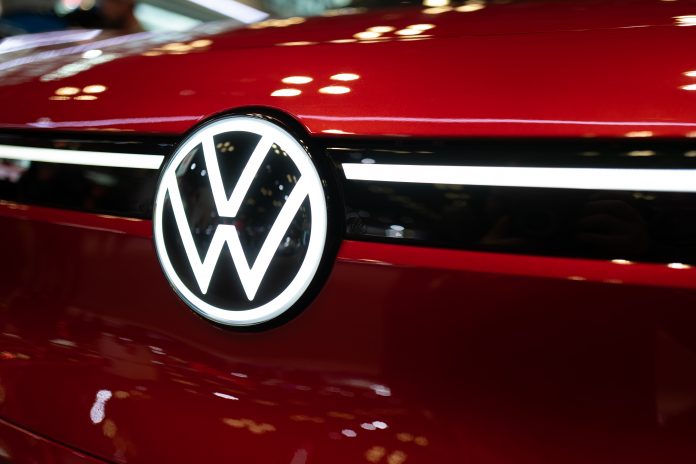Volkswagen reported a 1.4% year-over-year increase in global vehicle deliveries for the first quarter, reaching 2.13 million units. The growth was fueled by strong performance in North and South America and Europe, which helped offset a 7.1% decline in China—its largest market.
The German automaker said deliveries in China dropped to 644,100 vehicles amid a fiercely competitive environment where over 100 brands are locked in an aggressive price war. Volkswagen has opted not to follow rivals in slashing prices, instead sticking to its profitability-focused pricing strategy.
The company, whose brands include VW, Audi, and Porsche, maintained its position as the EV market leader in Europe with a 26% share and increased its global EV market share to 10%, up from 6% a year earlier.
Despite that momentum, EV deliveries in China fell 37% in the first quarter, highlighting the company’s struggle to compete against local brands like BYD in the world’s largest EV market. Overall vehicle deliveries in China declined 7.1% to 644,100 units. However, the automaker has opted not to engage in the ongoing price war in China, instead sticking to its profitability-focused pricing model.
Furthermore, the automaker also posted a sharp 59% increase in global battery-electric vehicle (BEV) deliveries, totaling 216,800 units.
Meanwhile, Volkswagen also noted growing demand for its next-generation plug-in hybrid vehicles, which offer extended all-electric ranges. In Europe, the automaker supported EV sales with targeted incentives, including a €3,570 ($3,945) rebate in Germany. The promotion, originally tied to the compact ID.3 hatchback, was extended through March across all EVs in the region.
Looking ahead, Volkswagen faces potential headwinds from recently implemented U.S. auto tariffs. Premium brands like Audi and Porsche—both heavily reliant on exports to the U.S.—are particularly vulnerable. Shares of Volkswagen were down slightly in Frankfurt trading and have declined more than 30% over the past year.




